Engage your students with a lively game of bingo while learning about Earth’s rotation and revolution.
What Is the Difference Between Rotation and Revolution?
Rotation and revolution are concepts commonly used in studying celestial bodies such as planets and stars. Let’s take a look at the difference between these two concepts.
Rotation – Rotation is the spinning motion of an object around its own axis. In other words, it is the movement of an object around a fixed point inside it. For instance, the Earth rotates on its own axis, which takes approximately 24 hours to complete one rotation. The rotation of the Earth causes day and night.
Revolution– Revolution is the motion of an object around another object in a path called an orbit. For example, the Earth revolves around the Sun in a path called an orbit, which takes about 365.25 days to complete one revolution. The revolution of the Earth around the Sun causes the change in seasons.
Science Games for Kids – Space and Solar System
If you are looking for an activity that you can use with your students (whole class or small group), this bingo set can be a great accompaniment to your space and solar system unit. This bingo set comes with 25 bingo cards and 24 calling cards. The cards include definitions for words such as:
- rotation
- axis
- hemisphere
- solar noon
And more!
Each player needs a game board and counters to cover their spaces. One student or the teacher will read aloud one calling card. Players will look for the answer to the calling card and place a counter over the answer on their game board. Repeat the process until a player has a bingo configuration.
Through this activity, students will review scientific vocabulary that explains why we experience different seasons, what causes day/night and how we fit into the solar system! Students will distinguish key differences in definitions of the terms used when discussing Earth’s rotation.
Tips for Differentiation + Scaffolding
A team of dedicated, experienced educators created this resource to support your science lessons.
In addition to individual student work time, use this bingo game to enhance learning through science centers, whole class lessons or remote learning assignments.
If you have a mixture of above and below-level learners, check out these suggestions for keeping students on track with the concepts:
🆘 Support Struggling Students
Support students who need help understanding the concepts by pairing teams to work together to identify correct answers. Students may also have a vocabulary sheet/glossary made available to them while playing if additional support is needed.
➕ Challenge Fast Finishers
In addition to 5-in-a-row, play alternate forms of BINGO like 4 Corners, + Plus Sign, Blackout, or X-Out.
Easily Prepare This Resource for Your Students
Use the dropdown icon on the Download button to choose between the PDF or editable Google Slides version of this resource. An answer key is also included with this download.
Print on thick card for added durability and longevity. Place all pieces in a folder or large envelope for easy access.
This resource was created by David Steffes, a Teach Starter Collaborator.
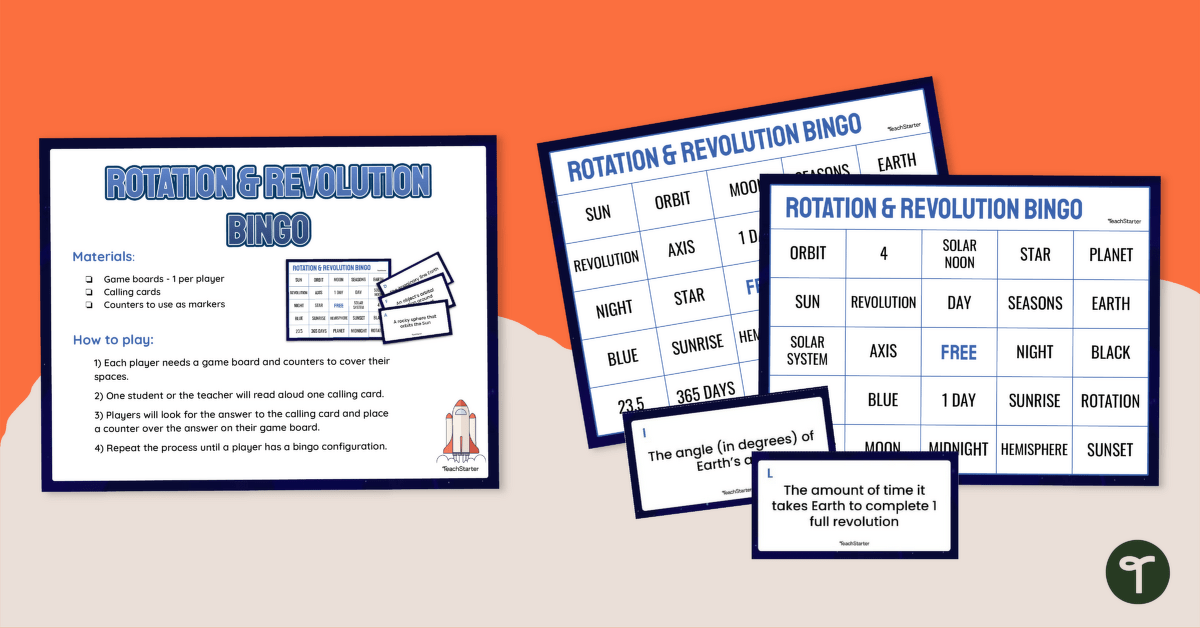

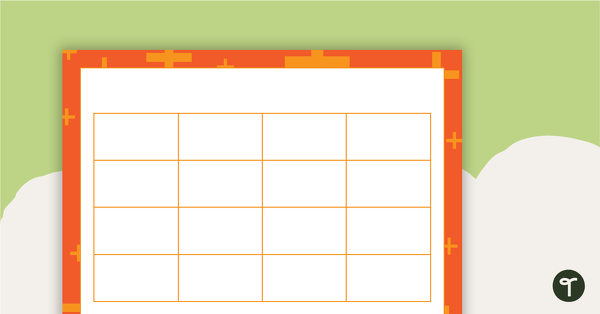
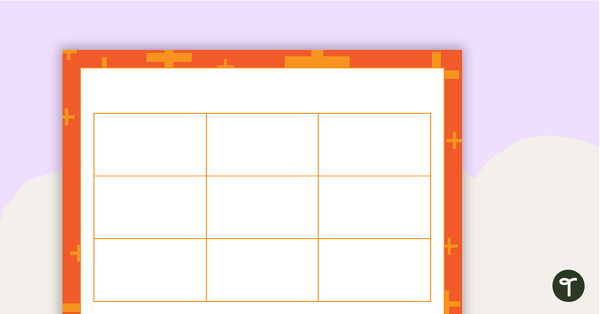
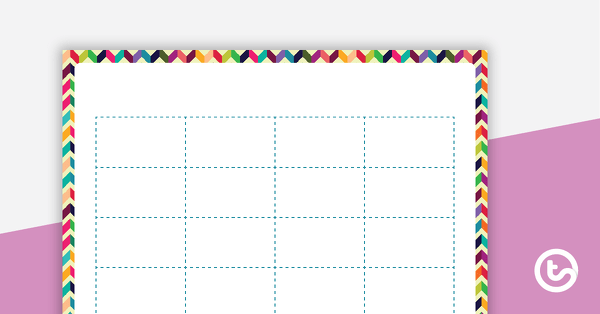
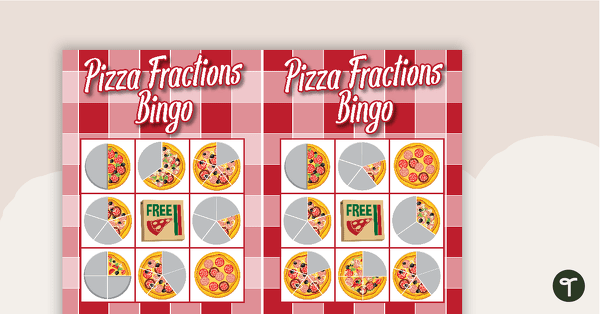
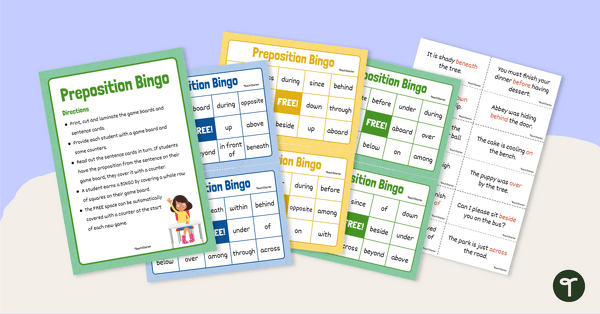
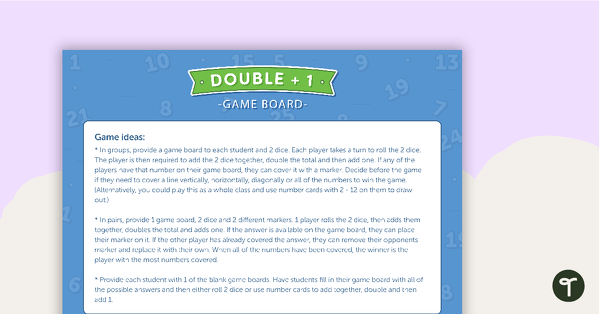
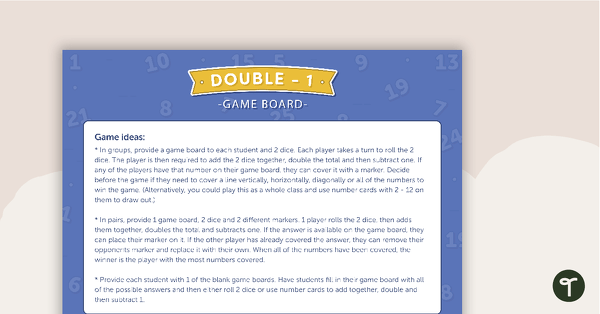
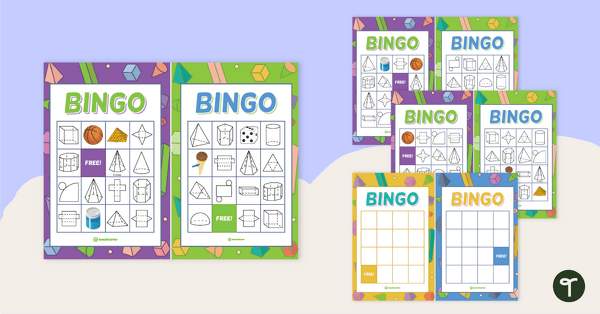
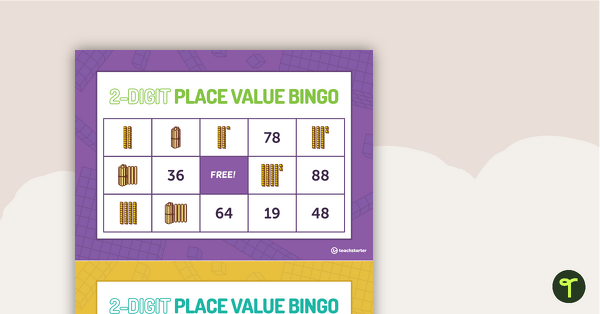
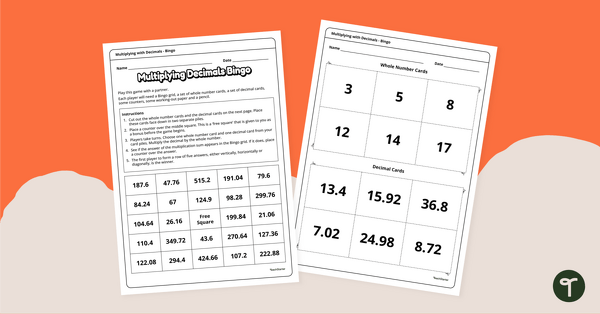
0 Comments
Write a review to help other teachers and parents like yourself. If you'd like to request a change to this resource, or report an error, select the corresponding tab above.